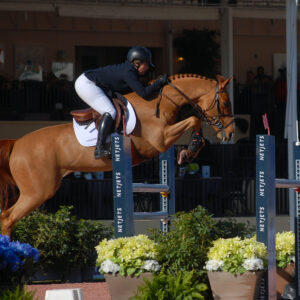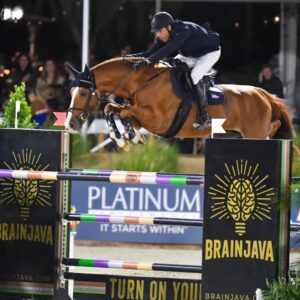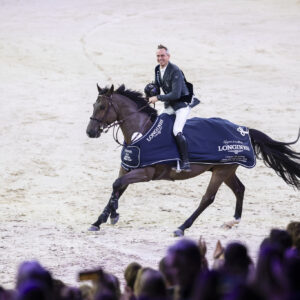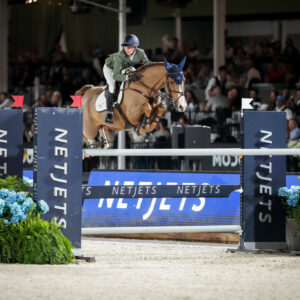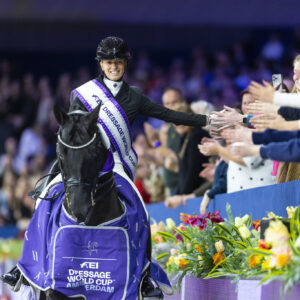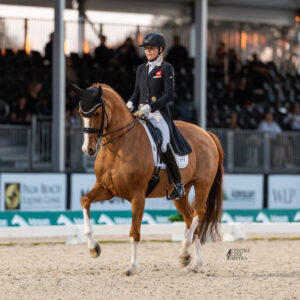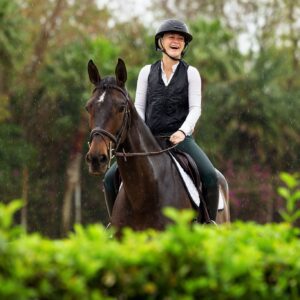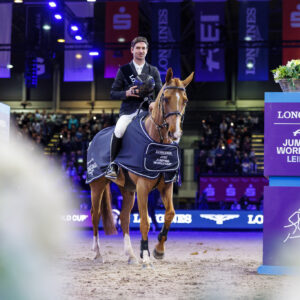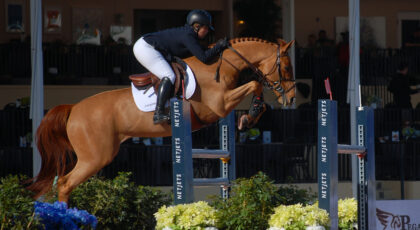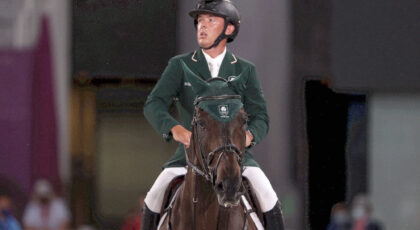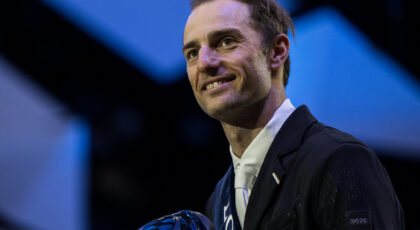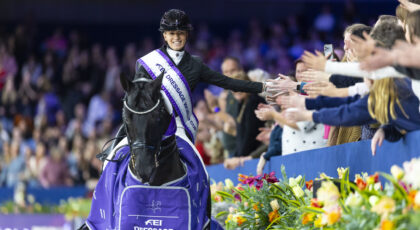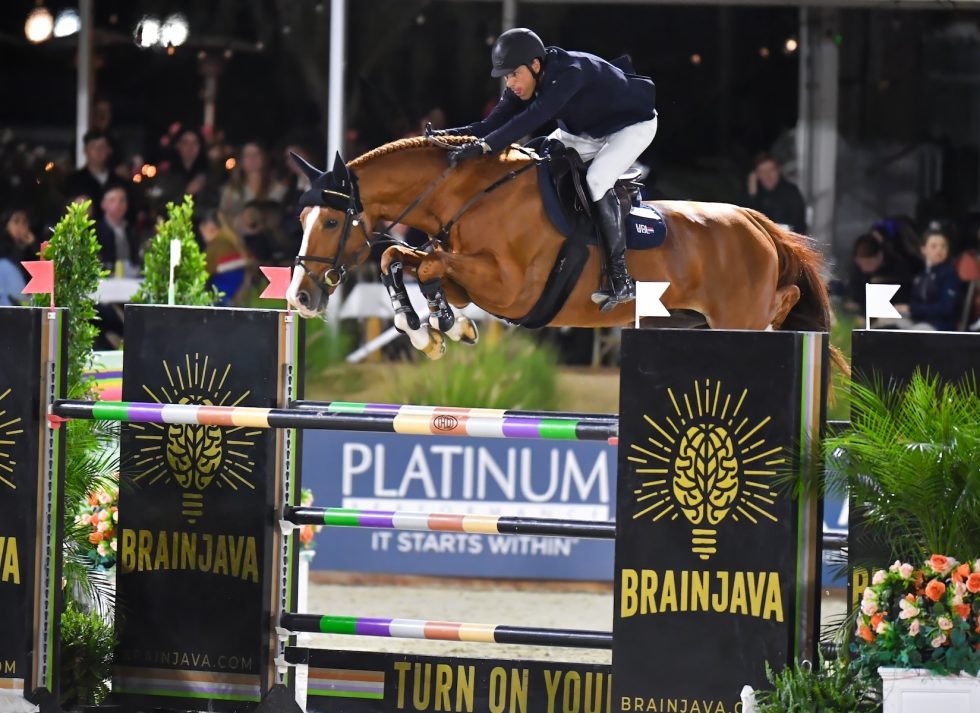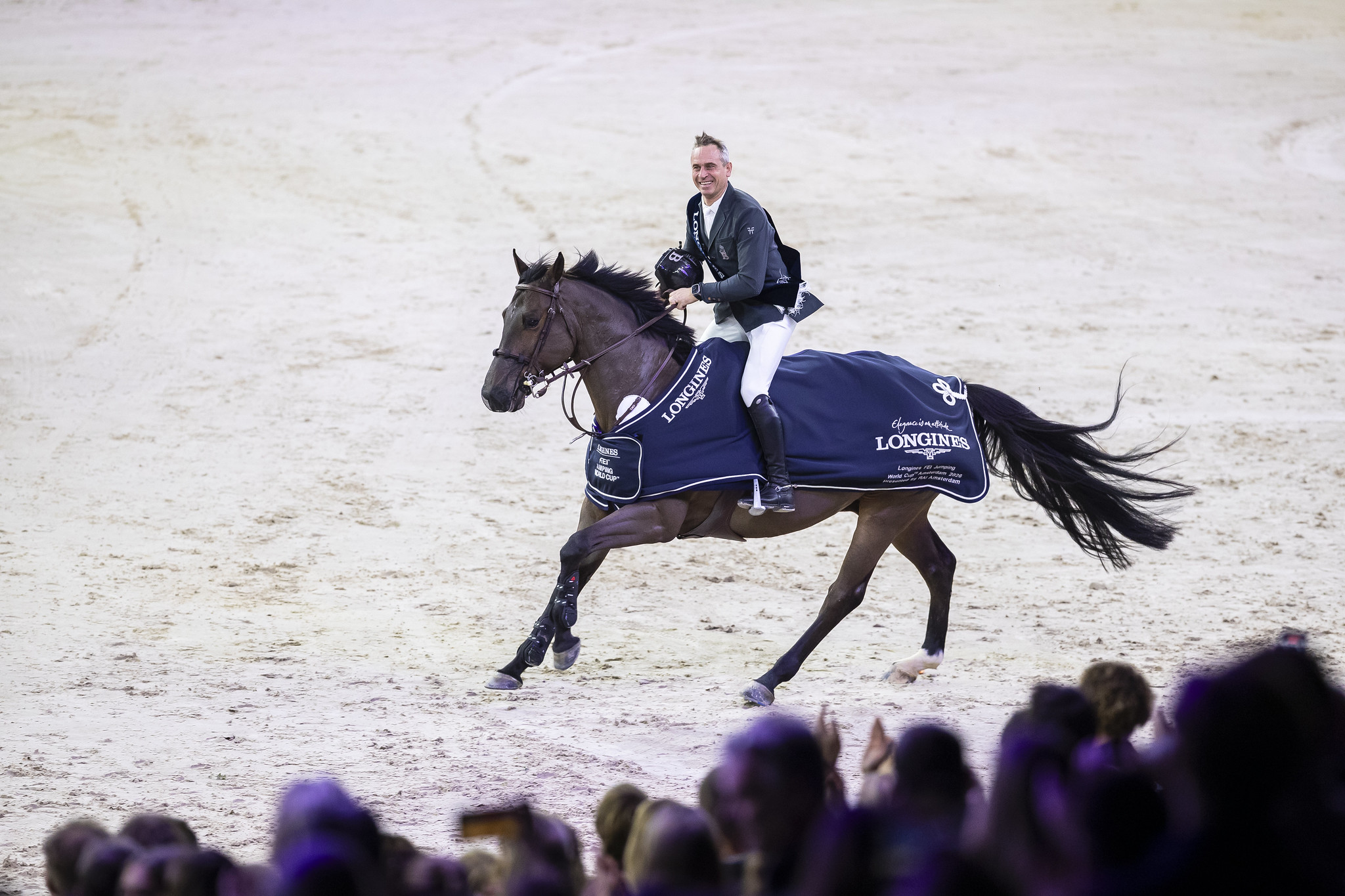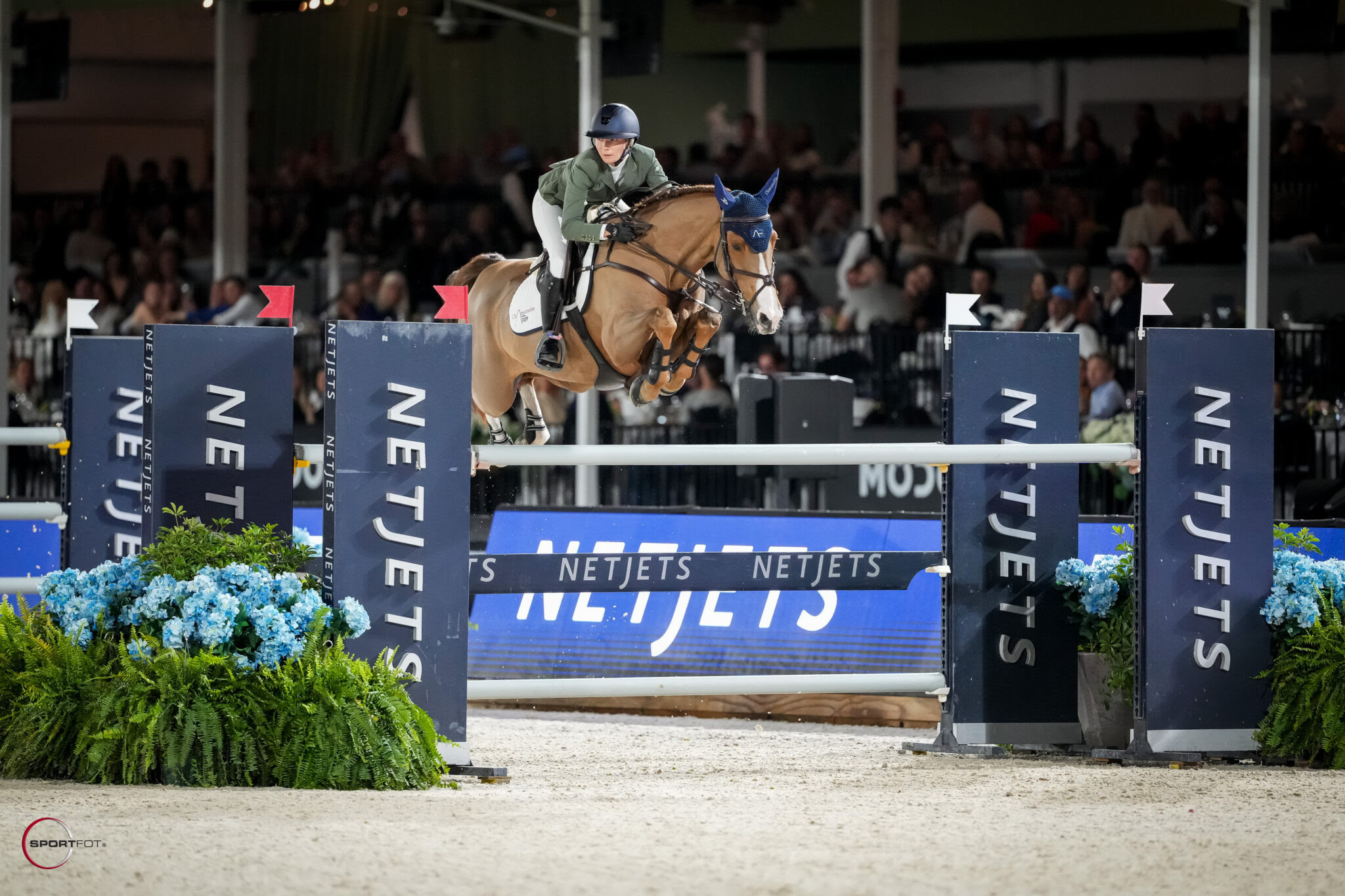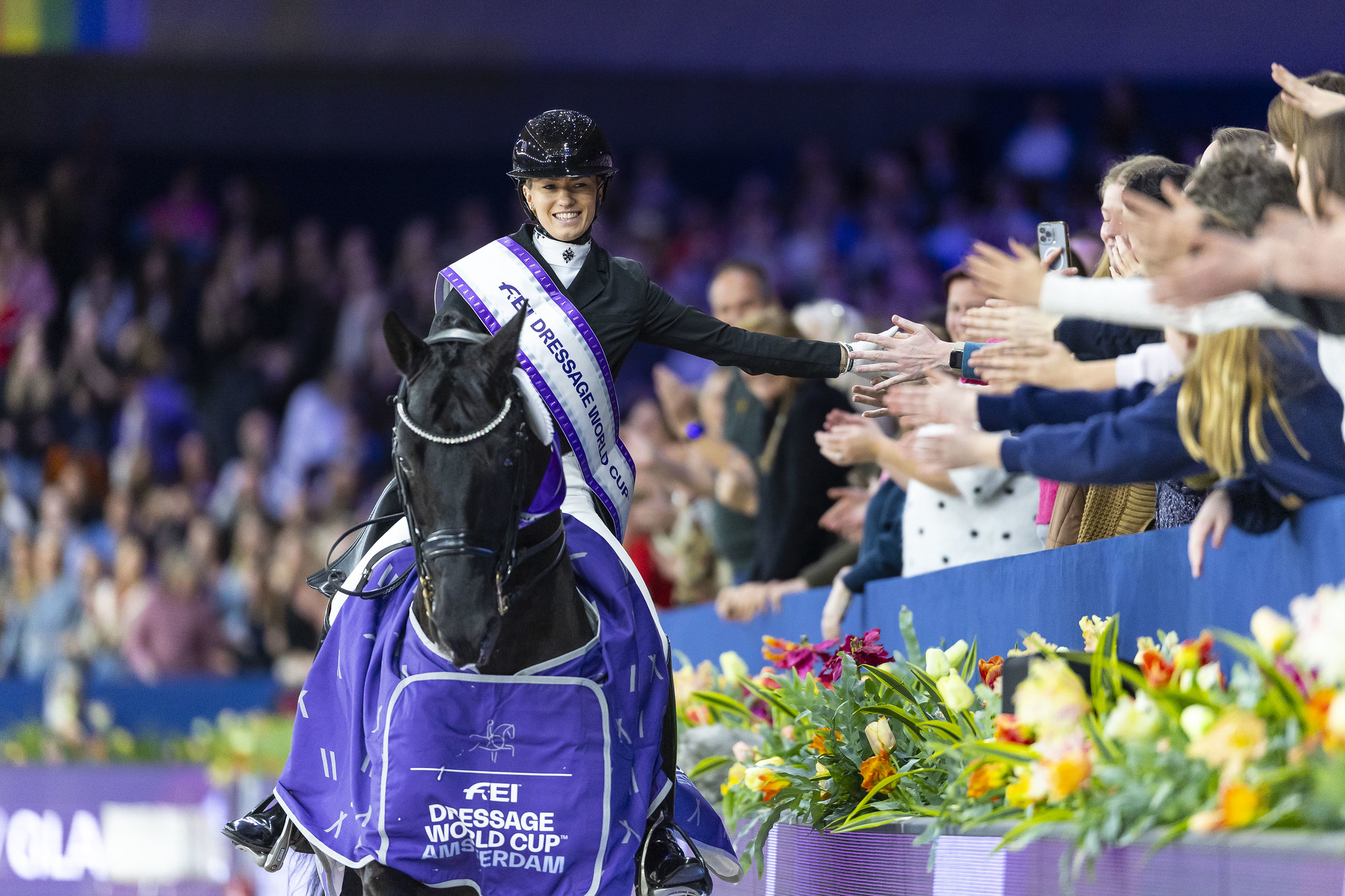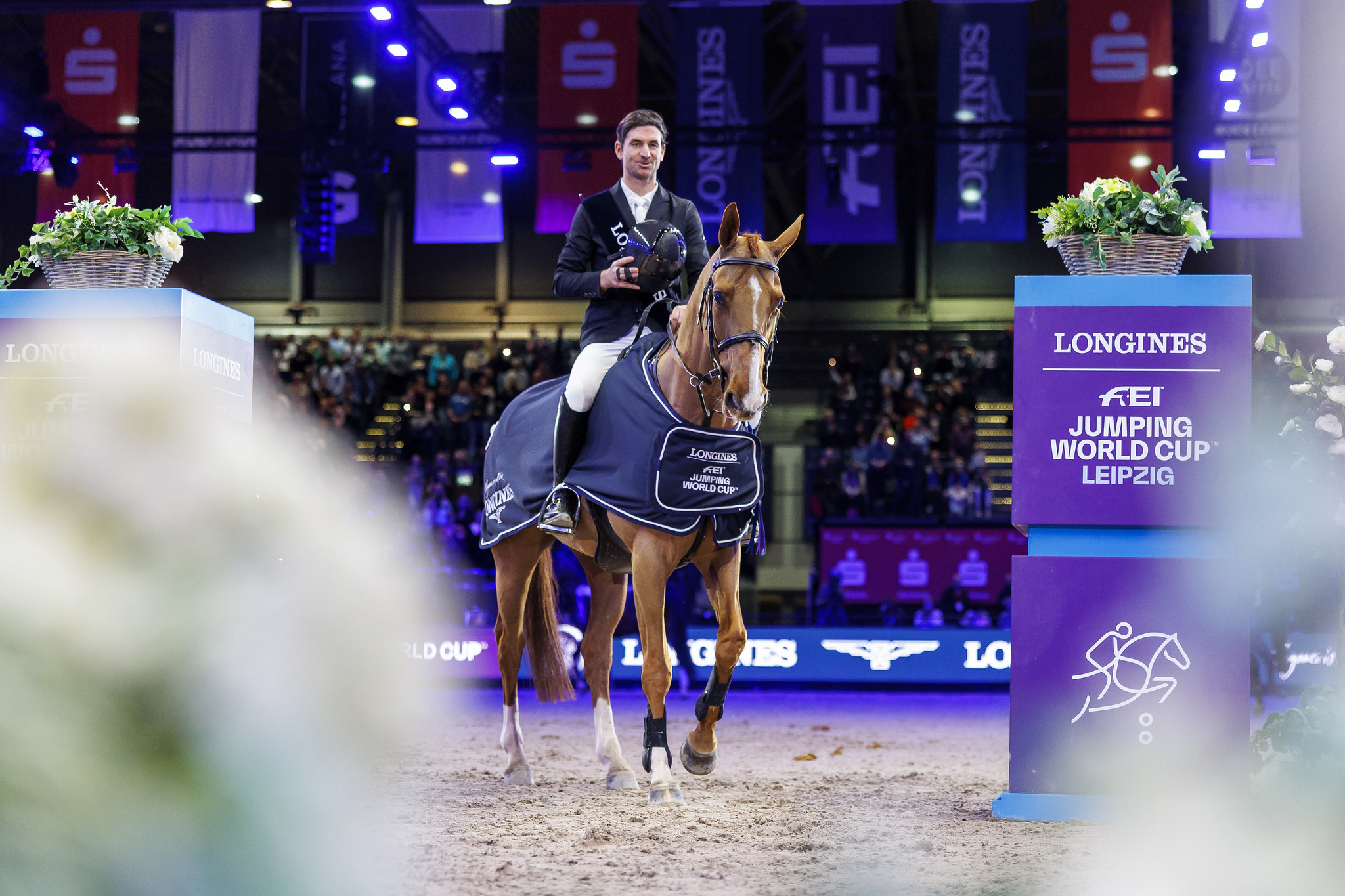I didn’t set out to be a rugby player.
I thought I was a soccer player. I didn’t even try rugby until grade 11 and only because my high school team needed a kicker—that’s the player you see line up the ball and kick it through the posts—so I did that.
I didn’t think too much of it until I went to university and wanted to try out for the soccer team. At that point, I had played metro soccer and BC soccer, so I had played quite a bit of high-level soccer. But the coach was like, “Eh, maybe you should try rugby.”
I said, “I don’t want to play rugby.”
And he said, “Well, the soccer team’s really, really good.”
So I read between the lines, and I tried out for the rugby team.
That year a coach named Spence McTavish had joined the University of British Columbia coaching staff. He was an all-world player from Vancouver and was assigned to coach the freshman team. It was the first year they were doing it and it would be First Years only.
Normally you play in a men’s league and the men are big, which isn’t great when you’re a scrawny 18-year-old kid. So actually, it all lined up. I got to play against people my own size and I got to learn the game.
To be clear, I didn’t have any ball skills. I didn’t even know how to properly throw a rugby ball. I could just run and kick, so they put me on the wing. It’s the sideline, so by the time you get the ball, there’s nobody else. You just run. And I didn’t want to get hit, so I ran pretty quick.
Then they needed a kicker, so I was the kicker. I had a strong leg from soccer.
I just kind of picked up rugby as I went and it turned out to be a real advantage. A lot of the guys on the freshman team were really good because they had played U14, U16, U18 as teenagers. They had done rugby, rugby, rugby. But they were a bit burnt out whereas I was fresh and raw, so I was really into it.
I put all my energy into it. I trained hard, harder than I had for anything before.
We would practice three times a week, and then you had gym time and games. Outside the practice schedule, I’d run in the morning before school, and again in the evening to get my fitness up. I’d do sprints, and I’d kick. I was always practicing kicking.
Rugby is a physical sport. It’s much more physical than soccer and I always enjoyed that side of it. I was just a little guy when I started, but finally, in university, I started growing and filling out, and I just loved hitting.
There’s something about a big hit. When you stop somebody properly with good technique, you can turn the ball over and that can change games. It’s a real rush.
But you don’t always get a clear run and tackle on somebody. A lot of the time it’s chaos out there. You’re trying to get a piece of the action and tackle somebody and they’re obviously trying to evade you. So when you get a clean tackle and you can pop the ball out or something like that, it’s great.
I got pretty good at rugby pretty quick. I ended up playing for the varsity team and then I got a tryout with the national team and I went on the World Sevens circuit for two years. If you don’t know rugby, it’s an annual series of international tournaments run by World Rugby. It’s the big leagues.
For a guy like me, fresh to the game, it was unreal.
The way the Sevens work is you’re home for three weeks, and then you go away for two tournaments that are close to each other. So Hong Kong and Beijing were one. Australia and New Zealand were another. Dubai, South Africa. England, Wales. Kuala Lumpur, Singapore.
I got to travel the world on someone else’s dime and I wrote a lot of university papers on an airplane. When you travel with 12 guys, you become super tight with those 12 guys. You do everything together. Everyone looks out for each other. And when you win, you win as a team.
I was a runner on the Sevens, so I was pretty evasive. I wasn’t the fastest. I mean, you think you’re fast at university—I was one of the faster guys on my teams—and then you go play internationally and they are Olympic sprinter fast. So it’s a little humbling.
I remember in Dubai, we were in the playoffs, so instead of seven minute halves, they were 10 minutes. That’s a big difference when you’re sprinting. I was dying. It was halftime and I look over at the French team and they were just casually smoking.
I think they morally beat me at that point. I was done.
Another time we were playing in New Zealand, at Westpac Stadium, which seats like 35,000, and they do a great job filling it. It’s a big party.
We were playing Fiji, they’re a rugby powerhouse. Anyway, this guy went to make a move on me and I just missed him. Like a turnstile, he just blew by me. In rugby, there’s so much space. If you miss a tackle, they’re gone. Sure enough, he went for a try. The whole stadium is cheering for him. I’m looking at the Jumbotron, watching him basically stiff arm me in the face, and all of a sudden the camera’s on me and this white plastic bag blows onto my face. It’s very windy there. They call it Windy Wellington. And here I am on the Jumbotron flailing around, trying to get the bag off, and the entire crowd is laughing at me.
Man, that was salt on the wound. I missed the tackle, and then I got blown up by a plastic bag. It’s still embarrassing.
But there were real high moments too.
The biggest tournament in the world is Hong Kong. It’s very traditional and they do a parade and whatnot. The Sevens were always quite competitive. We weren’t really top four or five, or if we did, it was a good tournament for us.
Well, at the end of the stadium in Hong Kong is the expat section and this one kid had a sign that said, “Go, Pack!” In Canada, you play in front of your girlfriends and maybe your mom, and most of the time even they don’t come to watch you—and this kid had a sign for me!
I couldn’t believe it! I gave him everything I owned after that tournament. I was down to like my spandex. I gave him my gear, my jersey. I fully kitted him out with Canada rugby stuff—all because he had a sign with my name on it. That was really cool.
It’s been 20-some years since I played rugby. When I look back on that time now, I think I was really lucky. I mean, I got to play for Canada and see the world. But more than that, I learned a lot of life skills that I still use every day now—at my job as president and CEO of Thunderbird Show Park and as a father.
Playing sports, you learn to win, you learn to lose and you learn how to do those things humbly and what it takes to get to a certain level. That’s true whether you’re playing rugby or riding horses. You learn resilience. How to get back up when you get beat by a plastic bag. (Also true of rugby and horses.) And you learn how to lift up the people around you.
But more than anything, you learn from your mistakes. I think that’s important—whether you’re on a sports team or a horse show team.
Now that I’m a dad, both my boys are involved in sport for all those same reasons.
My oldest son is nine, my youngest son is seven, so they’re very impressionable. We’ve been fortunate that they have great coaches. Not just coaching them in skills, but coaching them how to be good teammates and good players and good humans.
And I love that for them. Because when it’s good, there’s no telling where it might take you.
To me, healthy sport means a place where the kids don’t have to worry about anything else except for sport. They can go and have fun and they can learn the game and love the game and play with their friends—and become the best versions of themselves in the process.
That’s the essence of sport for our family. And at tbird too.
#WeRideTogether believes every athlete has the right to learn, play and compete in a healthy environment. Find resources and tools for parents, coaches and athletes of all levels at weridetogether.today.


 November 26, 2024
November 26, 2024 








